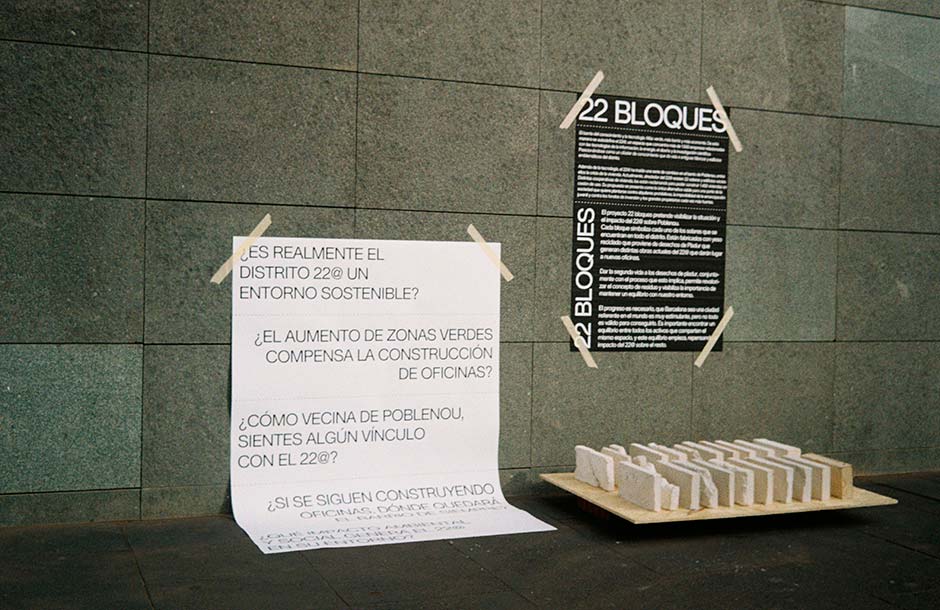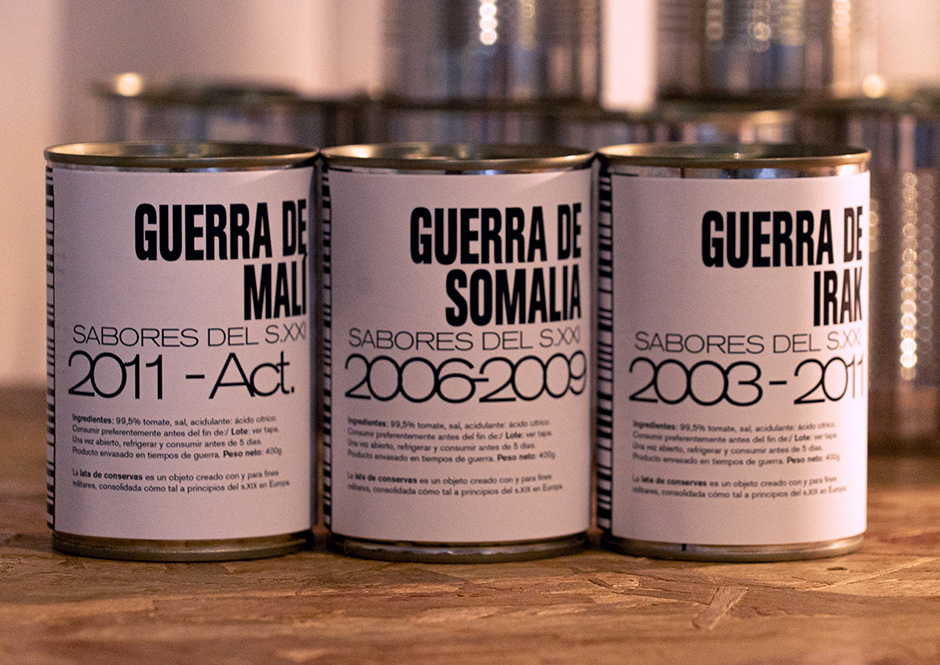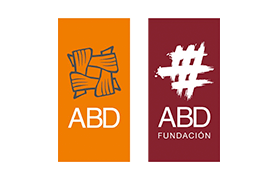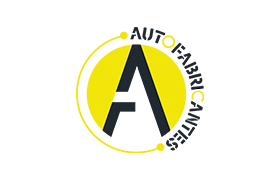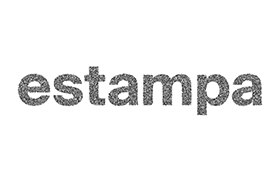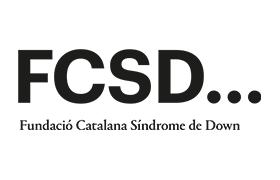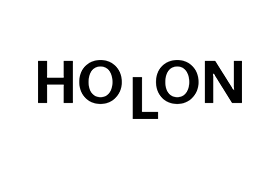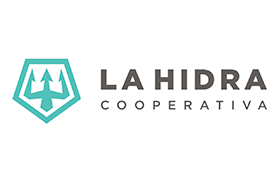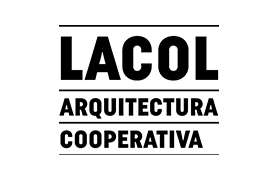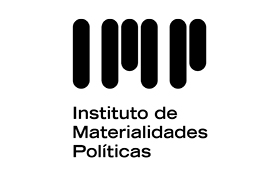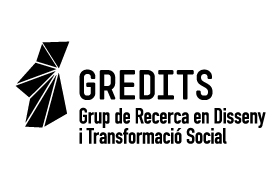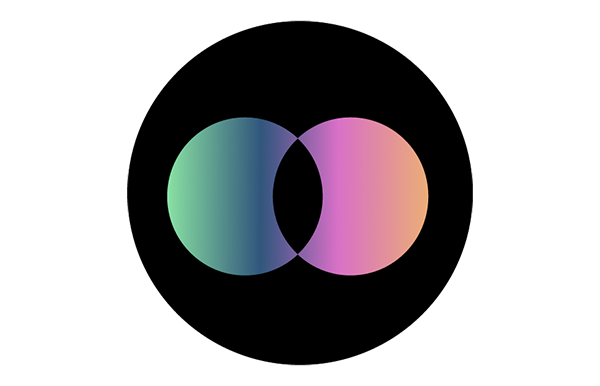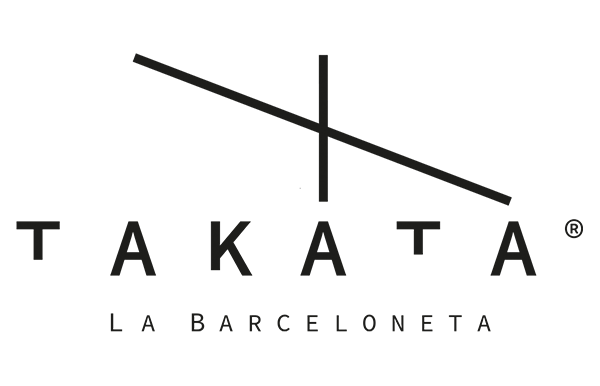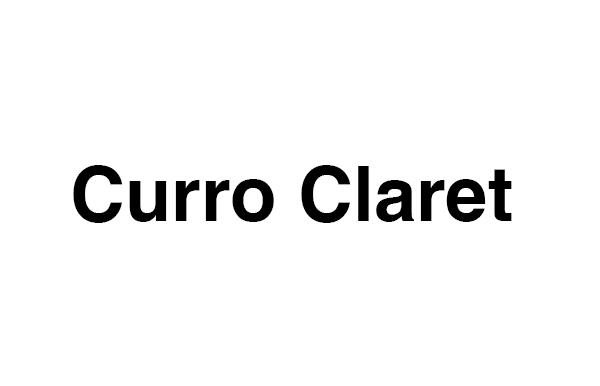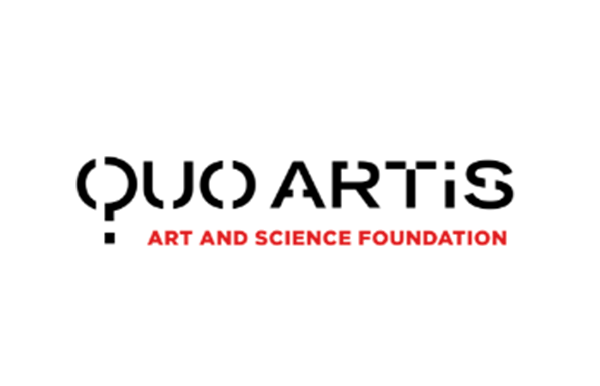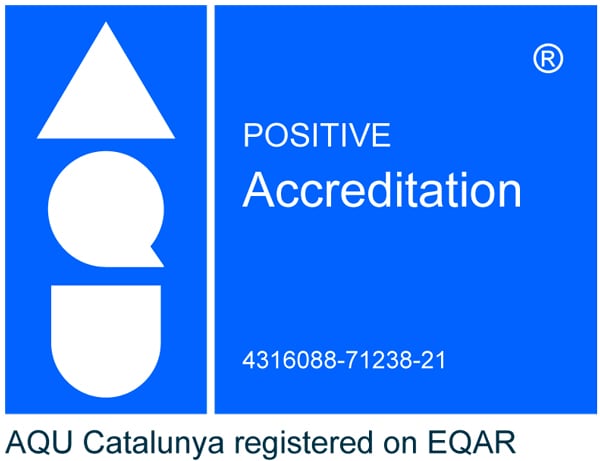
Master's Degree in Design Research
Think, Make, Transform.
The Master of Design Research is a space for reflection in action. Using design research methods and experimental approaches, students will be invited to imagine, design, and materialise a better fairer and more sustainable world.
Description of the curriculum
- Edition: 7th
- Teaching period: from October 2024 to June 2025. Final master's project presentation: June 2025
- Schedule: from Monday to Thursday from 4 p.m. to 7 p.m.
- Modality: on-site
- Language: English
- Price: 10.400 €
- Qualification: Master’s Degree in Research and Experimentation in Design awarded by UVic-UCC and accredited by the RUCT and the Ministry of Education (BOE*)
- Credits: 60 ECTS
Presentation
In a world marked by uncertainty and complexity, design plays a key role, BAU’s Master in Design Research guides students in understanding and questioning the present and encourage them to create transformative proposals with creativity and a critical spirit.
With rigor responsibility and commitment, the master’s degree is a space for reflection and action. Students face the challenge of thinking and building a better, fairer and more sustainable world. To this end the curriculum offers a cross-disciplinary approach to the practice of design working on areas such as architecture, anthropology, political sciences and fine arts. With a collaborative philosophy, the master’s degree proposes a method based on research as a creative practice and on material and technological experimentation.
In addition, as it is an official degree, it is a route to a PhD programme, BAU’s Master in Design Research promotes the social role of design and its potential asa driving force for change to successfully face the challenges of the present.
Key Concepts
Multidisciplinar, integral, and broad understanding of design
Theory and Practice: design as a way of thinking in action
Social and political role of design
Local and international Network
Customised learning
Programme
Fiction, Critical and Speculative Design
Explore the role of fiction, speculation and game to create new material narratives.
Social Innovation and Collaborative Design
Understand design not only as a service or product, but as a democratic and social strategy.
Material Cultures and Design Ecologies
Generate visions of radical environmental and social futures through matter.
Design, Power and Society
How can design integrate into power, and how can it become a tool to question it?
Research in Art and Design
Set up a dialogue the links between contemporary designers and artists and science, architecture, collective memory and popular culture.
Fabrication and Prototyping
Experimentation and creative research with materials, machines and bits from multiple design fields.
Ethnographies and Design
Develop an ethnographic sensitivity to learn to observe, investigate and dwell the world in alternative ways.
Investigation with Data
Work with big data and explore new forms of visualisation in the field of research within design.
Digital Design
Immersion into artificial intelligence applied to visual culture with a critical view and a creative approach.
Design and Numeric Control
Generate learning environments from the maker philosophy to gain advance design knowledge.
Internship
Each student is offered the chance to be an intern in leading companies within the design professional field that work to provide answers to the needs of the job market and the current social reality.
Final Master Thesis
The Final Master Thesis (TFM) is the structural axis of the master that allows students to create their own research journey and connect in different ways with the courses offered along the master course.
Through the Master Thesis students will be invited to choose among several specializations:
- Speculative and Critical Design: Design Thinking towards the Future
- Experimental Design: Digital fabrication and material innovation
- Socially Responsible Design: collaborative design and social impact
- Design Pedagogy: design for education
- Crosscutting Itinerary
The TFM demonstrates the student’s contribution to the field and their ability to communicate complex research for peers and the community
The Master envisions the TFM as a space to develop collaborations with external entities. Students can either choose among the range of entities suggested by the master or explore new collaborations to develop test and implement their TFM projects in a real context.
Projects

Desplegando el mantel. Encarnando un cuidado interespecie by María José Escobar
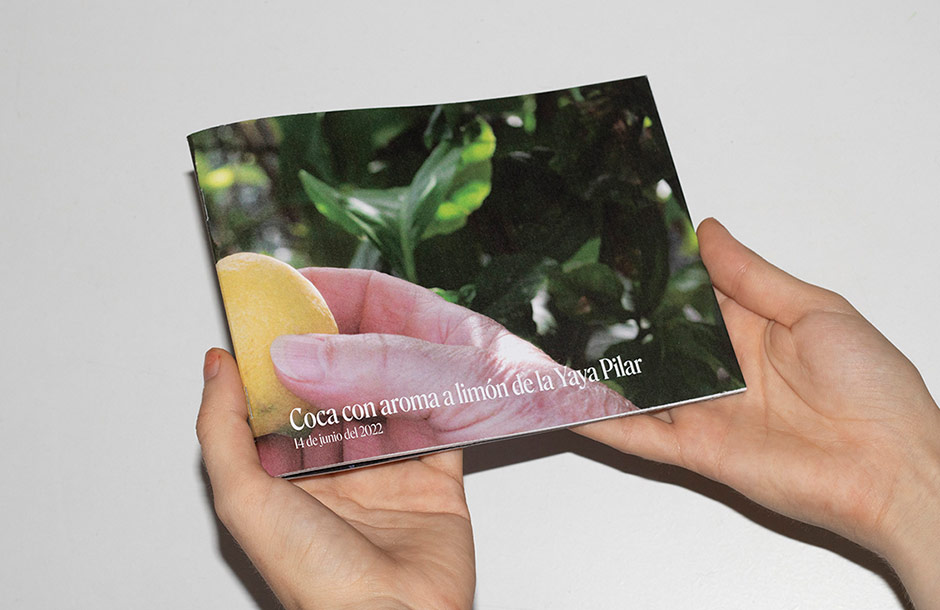
Las Pilares de la cocina: Intimidades, cuidados y saberes colectivos by Santi Benítez
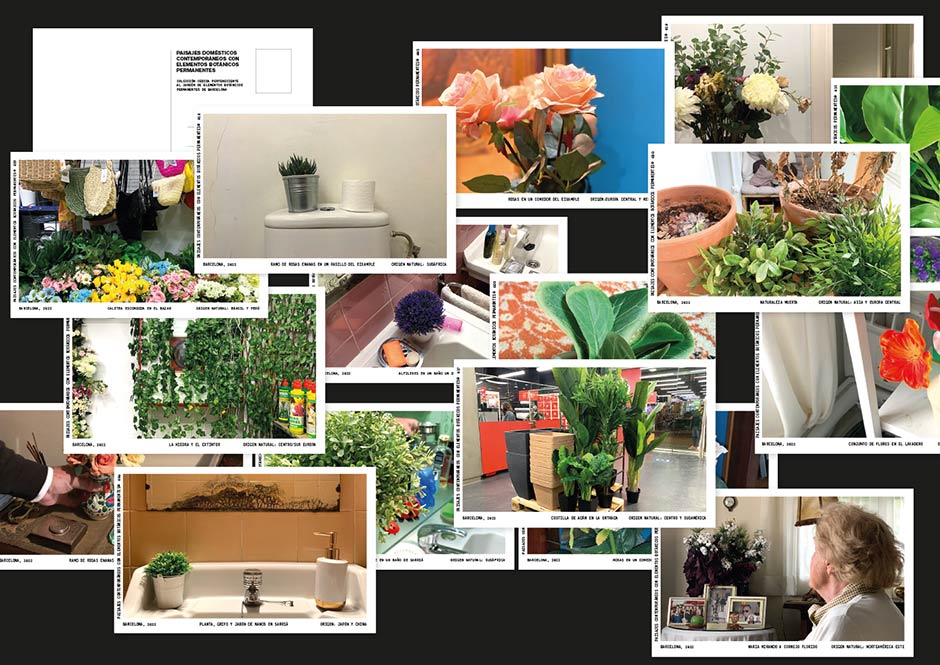
El Jardín de Elementos Botánicos Permanentes de Barcelona by Blanca Fernández
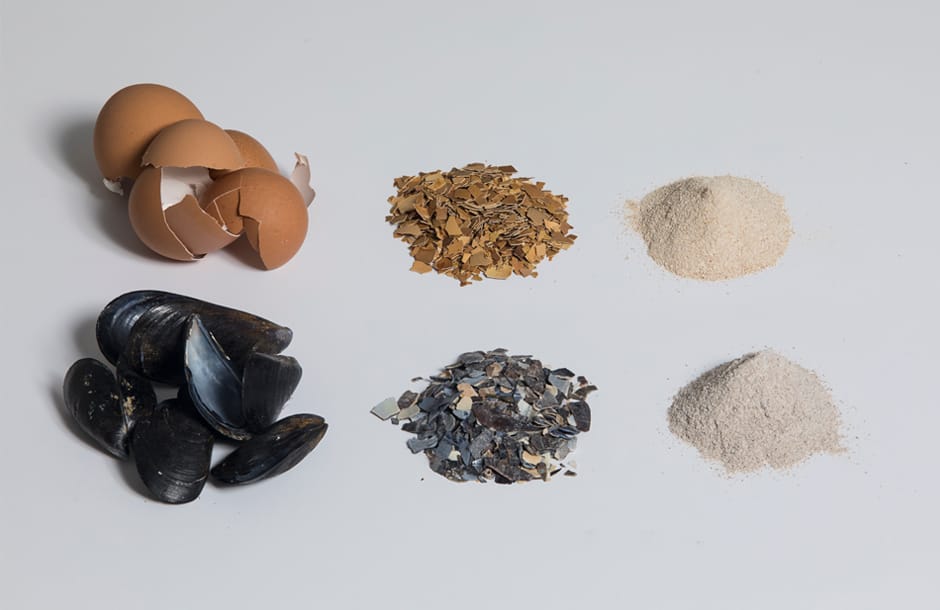
Pasta Fría. Cocinas, residuos e impresión 3D by Ana Otero
Teachers
Coordinator
Cecilia De Marinis
PhD in Urban Design. Architect. Space researcher
Rubén Martínez
PhD in Political Sciences and Public Policies
Paula Bruna
Doctor, artist and environmentalist
Tim Cowlishaw
Researcher and interaction designer
Taller Estampa
Colectivo audiovisual experimental
Alicia Kopf
Doctoranda. Licenciada en Bellas Artes y Grado en Teoría de la Literatura y Literatura Comparada. Escritora y artista visual.
Cris Noguer
Designer and researcher
Roc Albalat
Graphic designer. Art. Realization
Camila René Maggi
Architect
Fran Díaz
Doctorand. Architect and Master in City and Sustainable Architecture
Markel Cormenzana
Transition Designer.
Joan Maroto
Architect Doctor. Specialized in relational design and digital manufacturing
Marta Camps
Doctor in Educational Innovation. Degree in fine arts. Pedagogical and artistic researcher.
María Fernanda Moscoso
Phd of Anthropology
Jaron Rowan
Head of Research and PhD Unit Coordinator
Cecilia De Marinis
PhD in Urban Design. Architect. Space researcher
Guest teachers
Núria Alonso. IT
Marcela Arreaga. Strategy design
Carles Baiges. Architecture and urban sociology
Aurelio Castro. Visual arts and design
Tim Cowlishaw. Media and computer sciences
Sara de Ubieta. Architecture and fashion and product design
Mariona Genís. Architecture, education and design
Toni Mañach. Philosophy, history and design
Isaac Marrero-Guillamón. Anthropology
Lucrecia Masson. Political sciences and cultural critique
Antoni Miralda. Art and public space
Ariadna Parreu. Speculative art
Afra Quintanas. Creative and cultural entrepreneurship
Roger Sansi. Anthropology and sociology
Partnerships
The master offers the possibility to undertake a Master Thesis with an external entity, be it an association, foundation, ONG, collective, research institution or private company.
This will allow students to land their research into real contexts and learn how to respond to wicked problems and real-world challenges. It will also connect students with a professional and academic network, taking the first steps towards their profesional future.
Possible roles and types that the collaboration can take are:
- Offer space and tools for the research
- Offer the possibility to apply the research to a real context
- Offer the space and tools for testing prototypes
The Master also offers the possibility to undertake an Internship in one of those entities or others selected by students, in an ideal scenario of interconnection between the TFM Project and the internship.
BAU is committed to providing students with an education that strongly links learning with professional or vocational practice.
GREDITS
The Master is linked to the BAU Research Group GREDITS (Grup de Recerca en Disseny i Transformació Social) accredited by AGAUR as "established research group". The multidisciplinary group of designers teachers and reseachers, investigates the role of design as a driver for social transformation.
Career Opportunities
- Multidisciplinary designer
- Designer researcher
- Design lecturer
- Designer of research projects
- Transitional designer
- Social and cultural designer
- Consultant for environmental and sustainable design projects
- Coordinator of digital creation and manufacturing laboratories
- Coordinator of collaborative design projects
- Cultural manager
- Start a PhD
My BAU experience
Skills
- Formulating design proposals that integrate research and experimentation processes in accordance with the paradigms of contemporary design
- Applying methodologies of ethnographic research, both speculative and based on data to execute design projects of various natures
- Executing, prototyping and manufacturing of objects and design projects through the operation of numerical control and digital design tools and technologies
- Analysing the properties and behaviour of materials in order to use them appropriately and innovatively in design processes and projects
- Critical consideration of innovation and social transformation, participation and collaborative design, and other paradigms of contemporary design to facilitate the resolution of problems within the field of design
- Designing services, processes and objects that will provide solutions through the principles of open design and its fields of circulation
- Using the software specific to design by taking into account its applications and repercussions, both in the field of professional design and the field of research
- Understanding and valuing the political economy of art and design and identifying its value cycles, the social life of objects, consumption cycles and recycling in a changing social and economic context
- Applying the strategies of fiction and speculative design, using diegetic prototypes and provoking thought through design as an epistemic object
- Considering the material cultures of design and the many related traditions (philosophy, anthropology, cultural studies…) to conduct research through their objects and materials
- Managing the multiple work processes involved in the practice of design and integrating elements of research and experimentation
Doctorate Program
The Master's Degree in Research and Experimentation in Design at BAU is a 2º-cycle study program that responds to the research concerns of the BAU Doctorate Program structured in two lines of research:
- Design and society. Politics, art and education.
- Communication and its environments. Corporations and institutions; media, networks and territory.
Payment methods
Total cost of the course: 10.400 €
The total cost includes an amount of 200 € concerning the university fees, the administration expenses and the compulsory insurances.
Payment methods
BAU, Arts and Design College of Barcelona offers different terms of payment:
-
Single payment
-
Part payment, in 3 instalments:
-
1st payment, due on enrolment: consisting of 40 % of the fees excluding taxes. An amount of 200 € concerning the university fees is added to the resulting cost
-
2nd payment, due November 5: consisting of 30% of the course excluding taxes
-
3rd payment, due January 5: consisting of 30 % of the course excluding taxes
-
Students and former students of BAU benefit from 10% discount on any of the courses if they have exceeded at least 50% of the credits for a Degree, Higher Degree in Design or the Diploma in Graphic Design; or 100% of the credits for any of the Master’s or Postgraduate degrees.
Scholarships
BAU offers two scholarships for 50% of the total price of its Master’s Degree in Design Research.
These scholarships are intended to encourage, reward and provide opportunities for designers wishing to delve into experimentation and research in design.
Participation requirements:
- Cover letter
- Average grade in bachelor studies
- B2 level English
- Portfolio (optional)
More information about BAU Design Research Talent Scholarship.
The Master’s Degree in Design Research provides an official university degree and gives access to participation in a PhD program. The master’s degree promotes the social role of design and its potential as en engine of change in light of the challenges of today’s society.
More information about other scholarships and grants.
Pre registration process
Pre registration: from December 14th 2023 to September 30th 2024.
Request an interview with the Master's coordinator
Check the information about the pre registration process
Download the pre-registration form
Quality
The quality of the BAU pedagogical system is guaranteed by various indicators and reports by the seals of (AQU, RUCT, EUC ...). Visit the Quality section.
Degree registered in the Register of Universities, Centers and Titles, RUCT
Download the brochure
Enter your details and we will send you an email with the Master's Degree in Design Research brochure.
